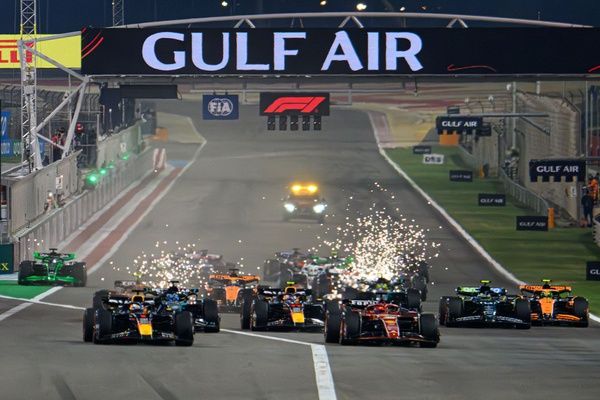
Nurburgring: How the world's most famous track went bust
The iconic German circuit is embroiled in financial and political problems that threaten its very existence. Dieter Rencken explains what's going on, while fearing for its future as an F1 venue and as a motorsport mecca
Back in February this column first chronicled the financial woes of arguably the greatest circuit of all time, the Nurburgring. Dubbed the "Green Hell" by Jackie Stewart back in 1968 after he won that year's German Grand Prix in atrocious weather - gross mismanagement had brought it to its knees.
Eight years after Stewart's epic four-minute win, the circuit snaking through central Germany's Eifel Mountains almost took the life of reigning champion Niki Lauda in a fiery shunt after the Austrian slammed into the barriers lining the 14.189-mile track. Thereafter the writing was on the wall.
Share Or Save This Story
Subscribe and access Autosport.com with your ad-blocker.
From Formula 1 to MotoGP we report straight from the paddock because we love our sport, just like you. In order to keep delivering our expert journalism, our website uses advertising. Still, we want to give you the opportunity to enjoy an ad-free and tracker-free website and to continue using your adblocker.

















